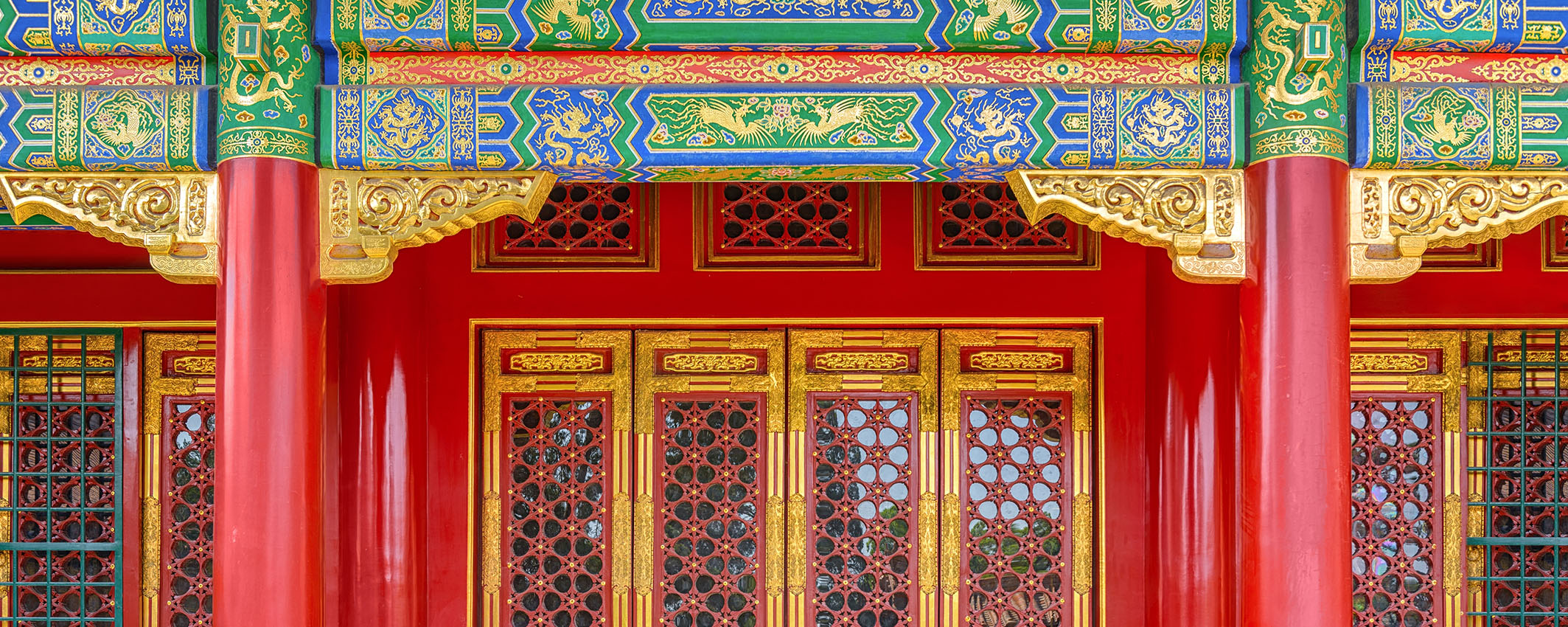 |
CCCH9050 China: Culture, State and Society
|
Course Description
This course provides an understanding of sustainability issues in China from the perspective of World Heritage by exploring the boom in World Heritage Sites in China, which has taken place particularly in the 21st century. With the second largest number of WHS, China is a most suitable subject for understanding the concept. The course offers a general understanding of the criteria for the designation of WHS, but with emphasis on Chinese examples in the global context. Challenges associated with WH designation, such as the politics of the designation process and the impact of increased tourism on local communities, will also be addressed.
Students will investigate, in particular, how World Heritage designation could be potentially applied to Hong Kong, which has been a recent popular topic of local debate, which will help students to think more critically about the culture and heritage of the city in which we are living. The final assignment will be presented via a digital platform, e.g. videos of local places, so that students can understand how World Heritage criteria can be applied in the local context using multi-media presentation techniques.
[There will be a recommended field study to Tai O during Reading Week.]

Course Learning Outcomes
On completing the course, students will be able to:
- Demonstrate understanding of the value and importance of World Heritage designation, and its relationship with Sustainable Development internationally and nationally, and its potential, locally.
- Effectively apply the World Heritage selection criteria to different heritage sites – both cultural and natural; locally and overseas; as well as with tangible and intangible elements – as a means to critically examine, evaluate and articulate sites of significance.
- Critically analyze the impacts brought by the pursuing of and the actual designation of World Heritage Sites in the context of China, and potentially, in Hong Kong.
- Analyze World Heritage conservation and its associated challenges and effectively explain how these apply/relate to Hong Kong.
- Create engaging multimedia material that effectively communicates and forms a compelling argument for World Heritage designation in Hong Kong, having been inspired by the numerous and varied designations in China.
Offer Semester and Day of Teaching
Second Semester (Wed)
Study Load
| Activities | Number of hours |
| Lectures | 22 |
| Tutorials | 8 |
| Fieldwork / Visits | 10 |
| Reading / Self-study | 24 |
| Assessment: Essay / Report writing | 20 |
| Assessment: Presentation (incl preparation) | 16 |
| Assessment: Group project (incl preparation) | 25 |
| Total: | 125 |
Assessment: 100% coursework
| Assessment Tasks | Weighting |
| Lecture and tutorial participation | 15 |
| Tutorial presentation | 25 |
| Photo essay | 25 |
| Final project | 35 |
Required Reading
- Blumenfield, T., & Silverman, H. (Eds.). (2013). Cultural heritage politics in China. New York, Springer. [Chaps. 1, 5, 6]
- Girard, L. F., & Nijkamp, P. (Eds.). (2009). Cultural tourism and sustainable local development. England and USA. [Chaps. 2, 4]
- Li, M. M., Wu, B. H., & Cai, L. P. (2008). Tourism development of world heritage sites in China: A geographic perspective. Tourism Management, 29(2008), 308-319.
- UNESCO. (2016). Operational guidelines for the implementation of the world heritage convention.
Course Co-ordinator and Teacher(s)
| Course Co-ordinator | Contact |
| Professor K.S. Yu Department of Real Estate and Construction, Faculty of Architecture |
Tel: 3917 6060 Email: yukasing@hku.hk |
| Teacher(s) | Contact |
| Professor K.S. Yu Department of Real Estate and Construction, Faculty of Architecture |
Tel: 3917 6060 Email: yukasing@hku.hk |

